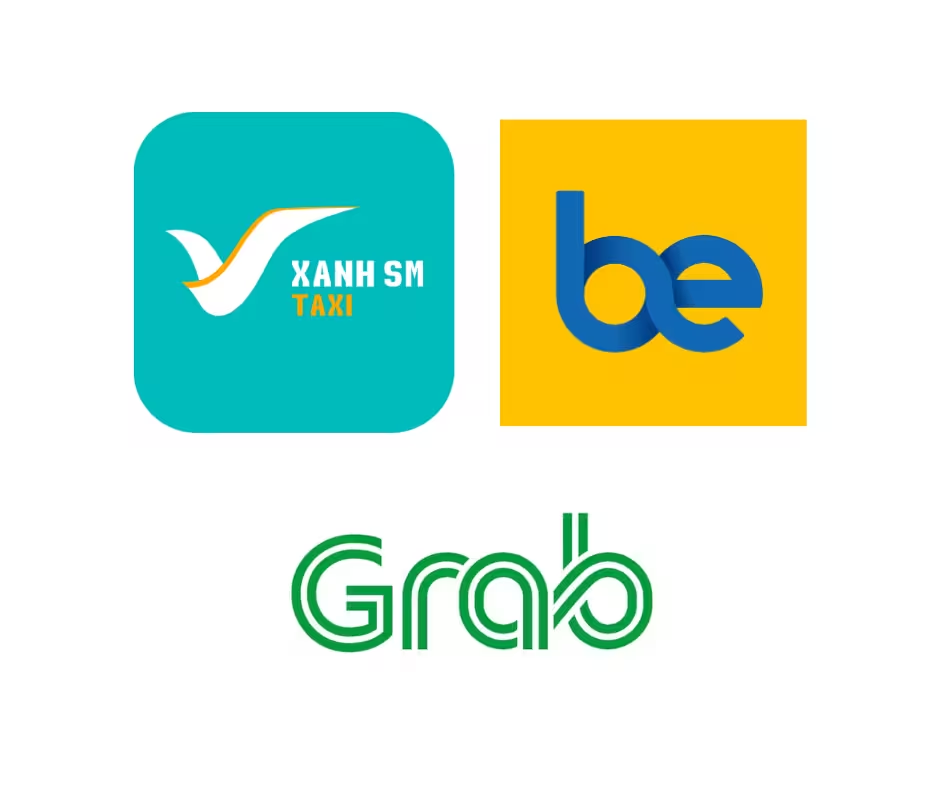
Vietnam currency is the Vietnamese dong (VND), the official and only legal currency in Vietnam. This comprehensive guide covers everything foreign travelers need to know — from withdrawing cash and exchanging money to using cards, understanding local prices, staying safe, and tipping etiquette. Read on to travel confidently with Vietnamese dong in your wallet.
The Vietnamese dong, abbreviated as VND and symbolized by “₫,” is the sole currency used nationwide. Banknotes come mainly in polymer forms, ranging from 10,000₫ to 500,000₫, which is the highest denomination note. Paper notes below 10,000₫ are still used today, and coins have been discontinued since 2011.

TIPS #1: Be careful with the color similarity between 20,000₫ and 500,000₫ notes, as many travelers confuse these, sometimes leading to overpayment or scams. It is essential to familiarize yourself with the look and feel of the Vietnamese dong before you start spending.
Withdrawing cash in Vietnamese dong is easy. ATMs are widely available in airports, cities, and tourist areas. Most international cards work, but check with your bank about fees and notify them of your travel plans.
When exchanging foreign currency in Vietnam, travelers have several options to choose from. Airports are open 24/7 and offer great convenience, but the exchange rates there tend to be less favorable compared to other places. Banks provide safer and better rates, though they usually require your passport and can take more time to process transactions. Licensed gold shops, especially those located in popular tourist areas such as Hanoi’s Old Quarter or Ho Chi Minh City’s District 1, often offer competitive rates and quick service; however, it is important to verify that these shops are officially licensed before making any exchanges. Exchange rates fluctuate daily.

For up-to-date rates, travelers should check reliable sources such as xe.com or the State Bank of Vietnam’s website.
TIPS #2: Avoid exchanging money on the street, as these transactions are illegal and often involve counterfeit bills or scams.
Vietnam is rapidly adopting cashless payments. In major cities like Hanoi and Ho Chi Minh City, many businesses accept credit/debit cards, including Visa and Mastercard, especially in upscale hotels, restaurants, and shopping centers. Additionally, mobile payments via QR codes using E-wallets like Momo, ZaloPay, and bank apps are increasingly popular.

Contactless options like Apple Pay are gaining ground in urban areas, making payments smoother and safer. However, small shops, street vendors, taxis, and rural areas still mostly prefer cash payments in Vietnamese dong.
TIPS #3: Always carry some cash to avoid inconveniences, especially in remote locations or markets.
Vietnam remains a very affordable destination, but prices vary widely by region and type of service.
TIPS #4: Knowing approximate local prices helps avoid overpaying and plan your daily budget more effectively.
>>> Explore more: Viet Restaurant - Vietnamese cuisine with stunning view of Hanoi Old Quarter
Vietnam is generally safe, but travelers should remain cautious with their money. Firstly, always count your change carefully, as some street vendors may return the wrong amount, either by mistake or on purpose.
Counterfeit currency, especially the 500,000₫ note, is another concern. Learn to recognize key security features like watermarks and transparent windows to avoid accepting fake bills.
When using taxis, opt for trusted ride-hailing apps like Grab, Be, Xanh SM, or stick with reputable taxi companies such as Mai Linh and Vinasun to avoid fare fraud.

Lastly, keep your cash in a money belt or hidden pouch, particularly in crowded areas like markets or public transport hubs, to prevent pickpocketing.
Tipping in Vietnam is not mandatory and is not deeply rooted in the local culture, but it is becoming more common in certain situations. For example, it is appreciated when offered to private tour guides, hotel staff, or in beauty salons. In restaurants and cafes, tipping is not expected, but a small gesture, such as rounding up the bill or leaving 10,000–20,000₫, is always welcomed, especially in more tourist-friendly areas.

>>> You may also like: Getting to Hanoi: Best Travel Tips
Best Time and Weather to Visit Hanoi
Hanoi Transportation: Getting In, Getting Around Tips
Understanding how to use Vietnam currency — the Vietnamese dong — will make your travel experience easier, safer, and more enjoyable. From withdrawing cash and exchanging money safely to embracing card and mobile payments, knowing local prices, and following tipping customs, these tips will help you avoid common pitfalls.
For a hassle-free stay, consider booking trusted 5-star hotels like GM Premium Hotel, where you can enjoy top-quality services and convenient payment options.

.avif)
Lorem ipsum dolor sit amet, consectetur adipiscing elit. Suspendisse varius enim in eros elementum tristique. Duis cursus, mi quis viverra ornare, eros dolor interdum nulla, ut commodo diam libero vitae erat. Aenean faucibus nibh et justo cursus id rutrum lorem imperdiet. Nunc ut sem vitae risus tristique posuere.